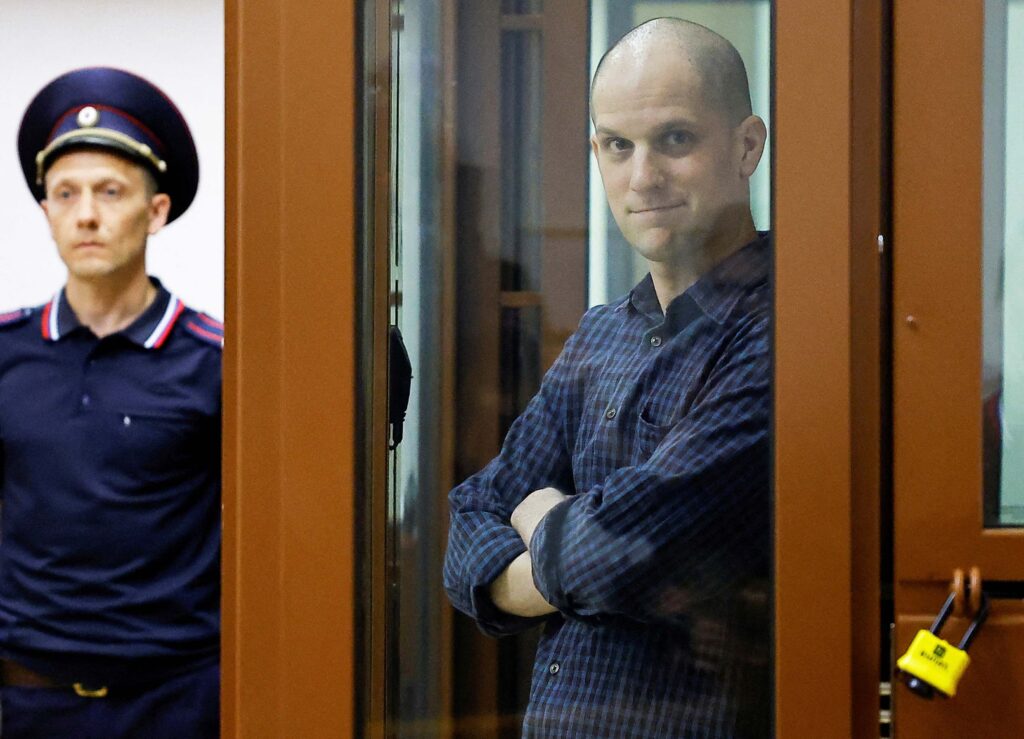by Trevor Hunnicutt
WASHINGTON -The landmark prisoner swap agreed by Russia, the United States and several of its allies that brought home journalist Evan Gershkovich and former marine Paul Whelan...
You are not authorized to read this page without a username and password. It is time to register and subscribe to have unlimited access to everything The Chicago Inquirer has to offer. You can do a monthly, quarterly, six months or yearly subscription.
SUBSCRIBE NOW!!!
and enjoys unlimited access to news, analysis, archives, sports, culture, interviews, and many more.
Not a member? Subscribe or login below:



